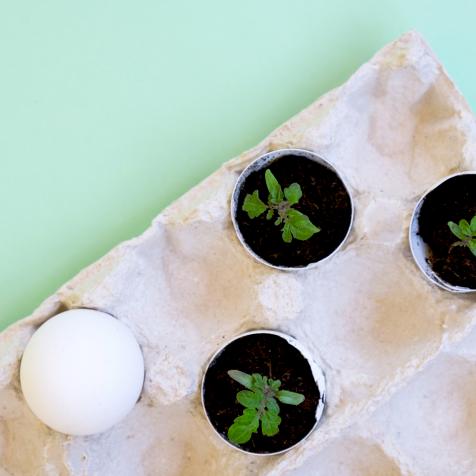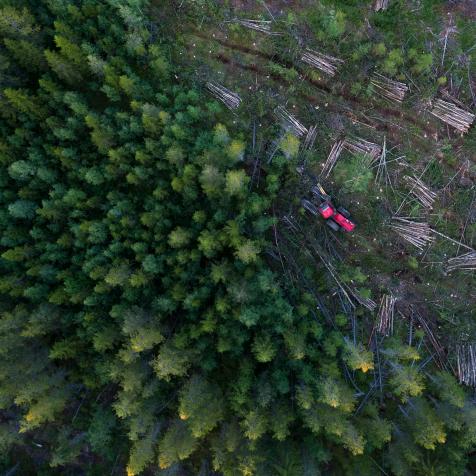
bugto
Plastic Turnaround: Recycling Waste into Wonder Materials
Plastic recycling and pollution are two keystone problems facing society. Despite the popular belief that plastic wrapping or containers can be converted into useful products indefinitely, many can only be recycled once or not at all.
Now a new generation of industrial technology offers to repurpose and recycle the millions of tons of plastic products and waste produced each year.
Chemically Breaking It Down

Monty Rakusen
Catalytic hydrothermal reactors can break down plastics into reusable chemicals and oils using heat, pressure, and the special properties of supercritical water, removing impurities and toxic byproducts. Another waste treatment technology creates a hot, fluid plastic mix that breaks down hard to recycle materials like cookie packets or food trays into oil for new plastics and fuel for power, making the entire system self-sustaining.
Chemicals companies have also invested in the circular economy and waste reduction. To tackle the fact that only 20% of the more than 400 million US tons of plastic produced each year is recycled, BASF has introduced chemical stabilizers to make recycled plastics more robust and created catalysts to obtain higher purity oils from waste plastic.
Government investment will be needed to make sure that innovation stays on track. The UK's Textiles Circularity Centre is one example that's built using a $7 million grant to transform the textile and clothing industries by turning waste materials into textiles, cutting down on imported materials and stopping waste going to landfill and incineration.
All of this comes at a time when the World Trade Organization (WTO) is looking to counter the massive increase of single use face masks and other plastic PPE caused by the coronavirus pandemic. Efforts to change the plastics and other extractive industries mindset from one of “take, make and dispose” to circular production is part of the WTO's sustainable development goals.
Historical Production
Tackling that mindset is a historical necessity. Between 1950 and 2015 the volume of plastic manufactured equaled 8.7 billion tons–more than a ton for every person on Earth. But by 2050, the total mass of plastic waste is forecast to reach 13 billion tons. Gas and chemical emissions from production, landfill waste, plus the breakdown of microplastics into our water and food, create a toxic environment with a devastating effect on the planet's health.
Up-Cycling the Future

Monty Rakusen
Providing hope for tackling the mountain of waste generated are researchers hoping to turn that plastic into wonder materials. Graphene is a simple one atom thick layer of carbon that has multiple uses from making lightweight flexible solar panels to developing new cancer treatments.
Scientists at Rice University in Houston have created a method called flash joule conversion, which upcycles plastic waste to graphene using electric current. Even more promising is the fact that the graphene created is high quality, cheaper to produce, and with fewer defects than other ways of making graphene.
Waste plastic can also be broken down into high value carbon nanotubes and clean hydrogen fuel in a matter of seconds using microwaves and cheap iron-based catalysts, another research team has discovered. Carbon nanotubes can then be used in water filters, as thin-film electronic coatings or in automotive parts, while hydrogen is used to fuel zero-emission vehicles, for energy storage and to heat buildings.
“Our environment is being polluted by our consumption patterns,” says structural engineer Arthur Huang, creator of a mobile, solar-powered plastic upcycling plant called Trashpresso. His concept shreds waste polyethylene, polystyrene, and polypropylene and turning it into household items and plastic bricks. The way forward, he says, is to think like the Romans, who enthusiastically recycled materials to make their buildings.
These and other initiatives like the New Plastics Economy aim to transform our use of this handy material and to reduce the excess of plastic in our environment. Huang and his fellow innovators recognize that by making sure that plastic never becomes waste in the first place we can change the way we design and use it, so it is either reusable, recyclable, or compostable.


















